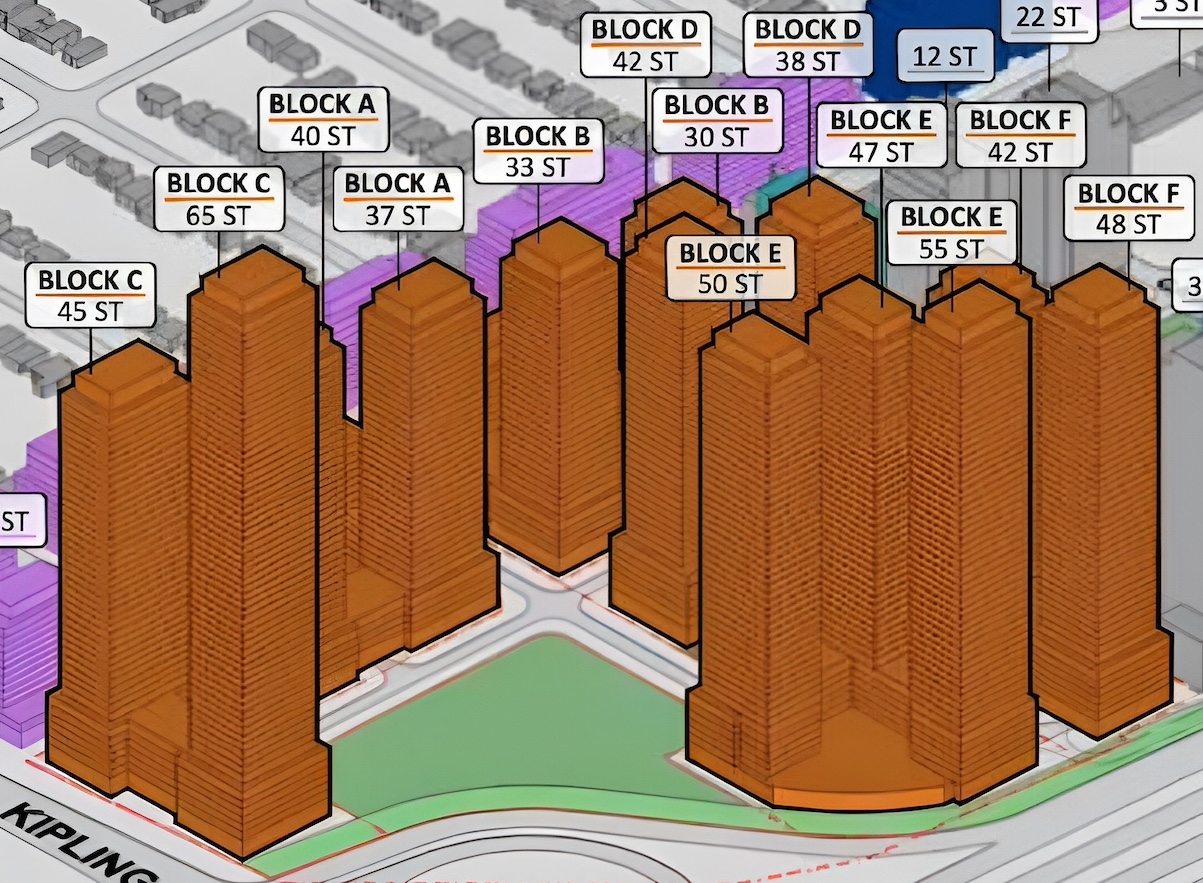This is nothing more than pundit sensationalism re: Trump tariffs. Conservatives still got the highest vote share of the parties and handily won the popular vote, but because of our parliamentary system, the liberals have a built in voter efficiency advantage. Switching out Trudeau was the main winning move. That is backed by the evidence. Despite historic and unprecedented demographic change, neither of the major parties, including the so-called "conservative" one, despite a populist anti-immigration backlash across the west, campaigned on restricting immigration. This bolsters my assertion, given homeowner voting blocs prioritize home values even at the cost of social cohesion. In much of the rest of the developed west, you don't really see this outside of Australia as most of the population hasn't enjoyed unprecedented booms in the values of their homes.
This is a meaningless number on a relative basis, given our smaller economy and smaller population as compared to most peer countries. What matters is debt-to-GDP and per-capita debt ratios, and those are at historic levels. This is from 2018 as the 2024 numbers are not out yet from Statscan:
Canadian real estate owners received a windfall of equity over the past decade. Rather than selling for a profit, many are turning to home equity lines of credit (HELOC) to reap the rewards. The popular form of debt allows owners to borrow equity in their home, and pay it back like a second...

betterdwelling.com
That is quite a stunning view, and before the debt driven and QE growth that has caused housing to double since the pandemic, unlocking even more HELOC borrowing space on homes while real wages have remained relatively flat for most quintiles since. In short, we're likely to see HELOC debt levels relative to GDP reach even above 15% when the most recent numbers come out, and on a per-capita basis, that would put our HELOC debt at the highest of the advanced economies. When your housing debt levels are higher, on a per-capita basis, then every other advanced economy including the 9 with larger and more diversified economies, then that speaks to the government policies that continuously stabilize the housing sector at the cost of everything else a well-run, diversified, 21st century economy requires (Immigration of low-skill workers, low productivity growth from excess TFW labor supply, demand-side housing policy creating an effective floor for prices such as FHSA, ballooning of international students creating a floor for rents, etc).
This is a strawman. I never claimed the system is unstable or prone to collapse, on the contrary, as long as the government continues to pursue policies that drive housing prices and the implicit understanding is there that the government will bailout the sector if things get bad enough, there won't be a collapse. That requires a voting bloc, the one I've been citing, who are willing to sacrifice everything else such as a highly productive economy, social cohesion, low crime, stable demographics just to keep the housing market pumping. That's a choice, and while most other electorates in the advanced economies are making another choice, we've clearly as an electorate decided where our priorities should be.

 www.theglobeandmail.com
www.theglobeandmail.com












